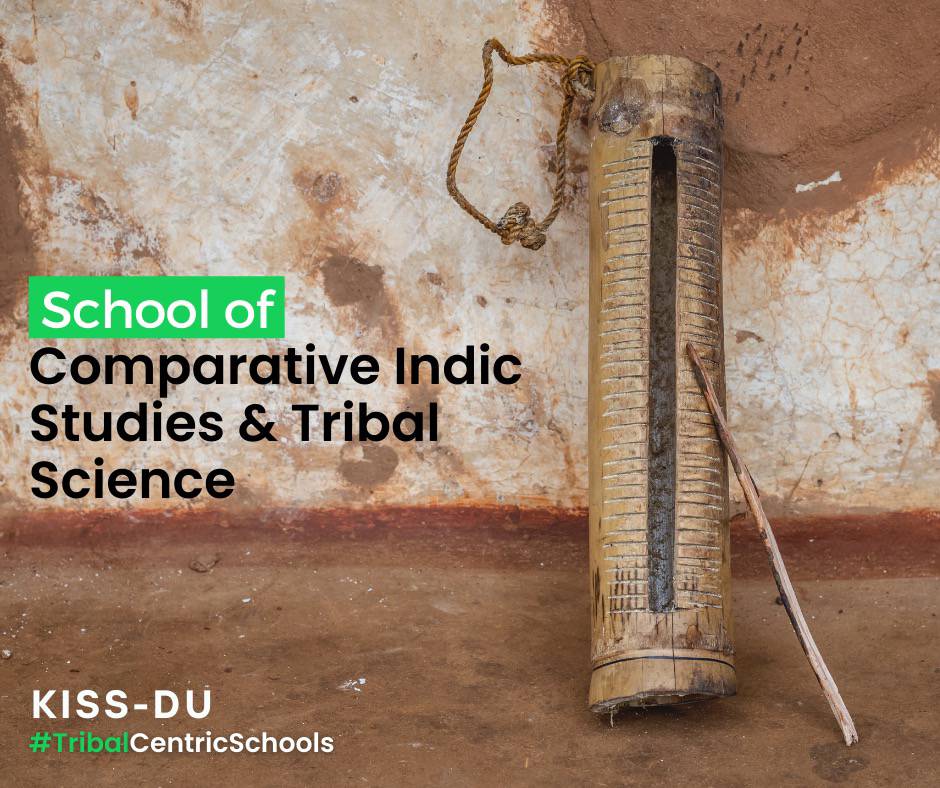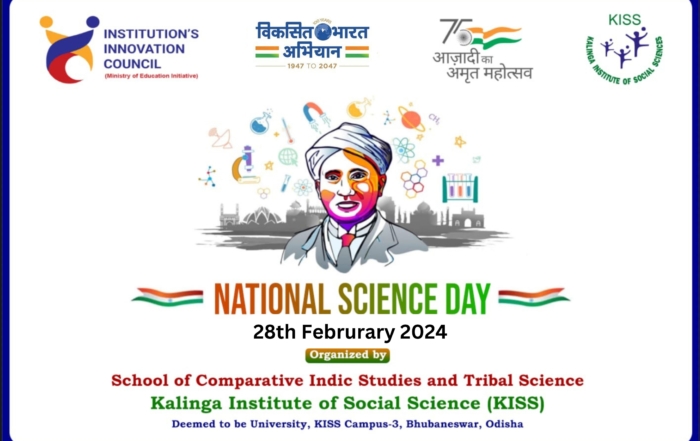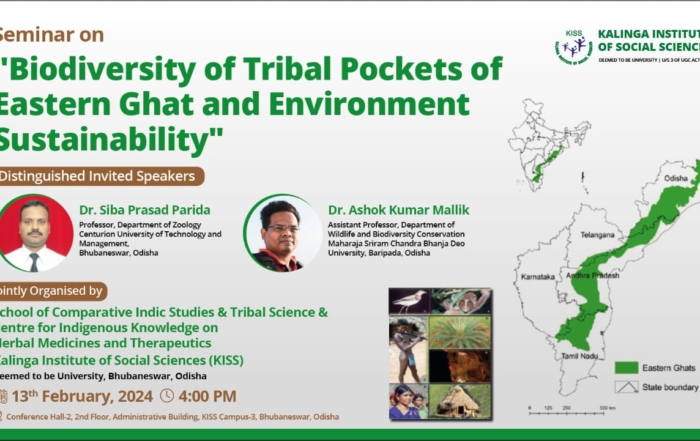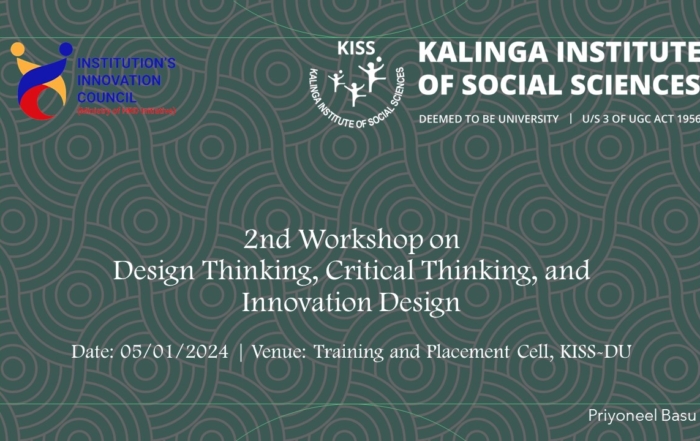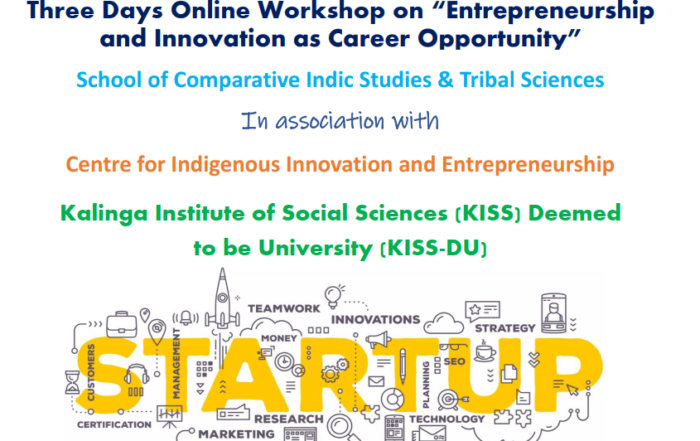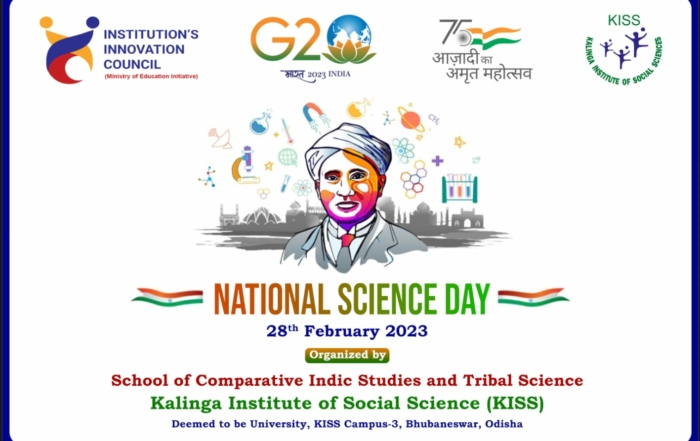Project Description
ABOUT THE SCHOOL
The School of Comparative Indic Studies and Tribal Science, KISS Deemed to be University, was established in 2017-18, aspire the development of tribal communities through the application of advanced science and technology while keeping the habits and habitats intact.
Plants and animals have special place in the life and living of human beings, and in case of tribals, these have emotional bonding as they are born and brought up in and around such natural surroundings. The knowledge, innovations and practices of indigenous people are manifestations of their cultures. Indigenous science incorporates traditional knowledge and indigenous perspectives, while non-indigenous scientific approaches are commonly recognized as western science and together they contribute substantially to modern science. Indigenous perspectives are holistic in nature as they are founded upon the interconnectedness, reciprocity and above all, the utmost respect for nature. Several technologies have been developed by indigenous people, which
substantially contributed for the development of society. Needless to mention that Science and technology has created unprecedented opportunities; both western and indigenous scientific approaches and perspectives have their strengths and in recent years.
Hence, an innovative School – Comparative Indic Studies and Tribal Science – has been set up to promote, preserve and protect indigenous knowledge and implement it for sustainable development.
The school offers Post Graduate (PG) and Doctor of Philosophy (Ph.D.) programmes in three subjects: Botany, Zoology, Food Science and Technology; besides that, the school is focusing on interdisciplinary research for Ph.D. students along with the regular course curriculum. Innovative subjects are incorporated in each semester of PG syllabus, which focuses on innovative subjects like: “Ethnomedicinal System, Tribal Livelihood, Health and nutritional Issues in Tribal
Communities, Sustainable Utilization and Management of Tribal Resources”. “Documentary theme-based movies” are also made a part of the course curriculum with an aim to depict/highlight the importance of Indigenous lifestyle, culture, biodiversity, conservation and sustainability of natural resources etc. Equal importance has been given to gain knowledge on various techniques, instrumentation, and statistics; so that the students will be fit to work in any life science laboratory for research. He /she can also confidently work in pharma industry or any other related areas. The school offers up to date and flexible programs that will enable our students to be competitive in the job market and contribute for holistic growth of not only indigenous communities but for the whole
mankind.
Vision
- The vision of the school of “Comparative Indic Studies and Tribal Science” is to convey fundamental biological knowledge, which will enable the students to serve the communities of our world, nation, state and university by understanding living organisms and their interactions with the environment through research, and to provide high quality biology education. Emphasis has been given to the innovative subjects and their applications which will enable the students to understand the problems of under privileged communities and help to solve the societal problems.
Mission
- To provide outstanding education and training to our students for productive careers in industry, academia, and the government.
- Emphasis has to be given to educate the students to be well-informed citizens by facilitating critical thinking, reasoning, scientific literacy, and student and trainee preparation for professional careers.
- We strive for excellence in research, covering the fundamental and applied aspects of Biological Sciences.
- To create a thought-provoking and collaborative environment for multidisciplinary and innovative research that encourages students’ intellectual, personal and professional growth.
- To expedite outreach activity and leadership qualities in students.
- To encourage the students to apply the knowledge gained in innovative subjects taught to them in real life and apply those for personal and societal development.
- Discovery and excellence in biological research across levels of biological organization to address fundamental questions and local and global challenges.
Academics Programmes
The following are the full-time academic programmes:
Programmes
- MSc in Botany with specialization in Comparative Indic Studies and Tribal Science
- MSc in Zoology with specialization in Comparative Indic Studies and Tribal Science
- MSc in Food Science & Technology with specialization in Comparative Indic Studies and Tribal Science
- PhD under the School of Comparative Indic Studies and Tribal Science
Faculty
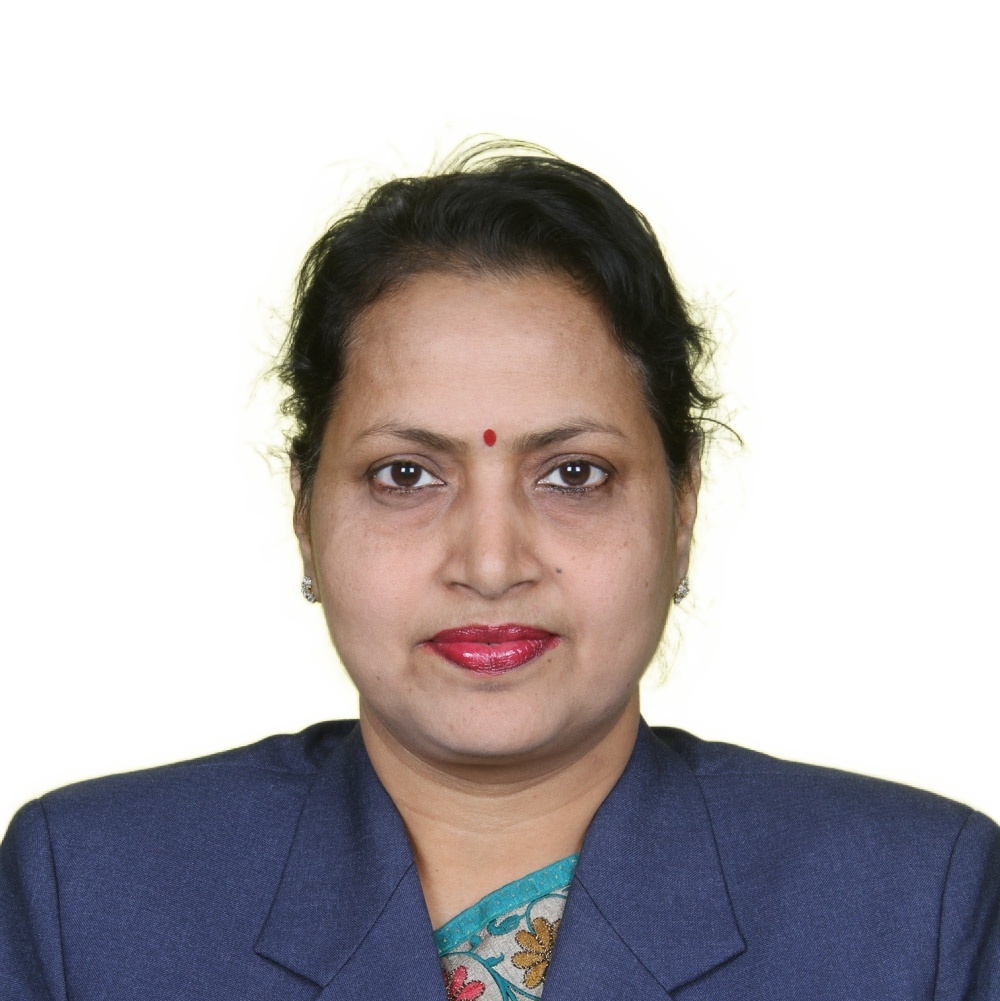
Dr. Rashmi Mohapatra
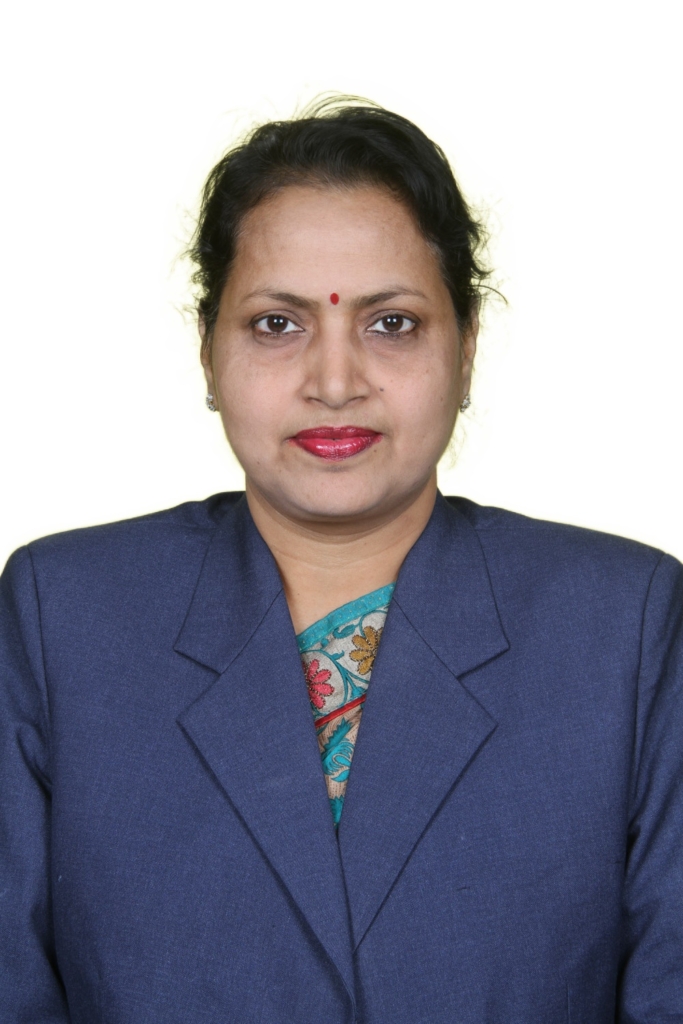
Associate Professor & Dean, School of Comparative Indic Studies and Tribal Sciences
M. Sc., Ph. D.

Dr. Vimal Kumar Pandey

Associate Professor, Botany, School of Comparative Indic Studies and Tribal Sciences
Ph. D.

Dr. Priyoneel Basu

Associate Professor, Zoology & Director, Research and Development Cell
M.Sc., CSIR-UGC NET-JRF, Ph.D
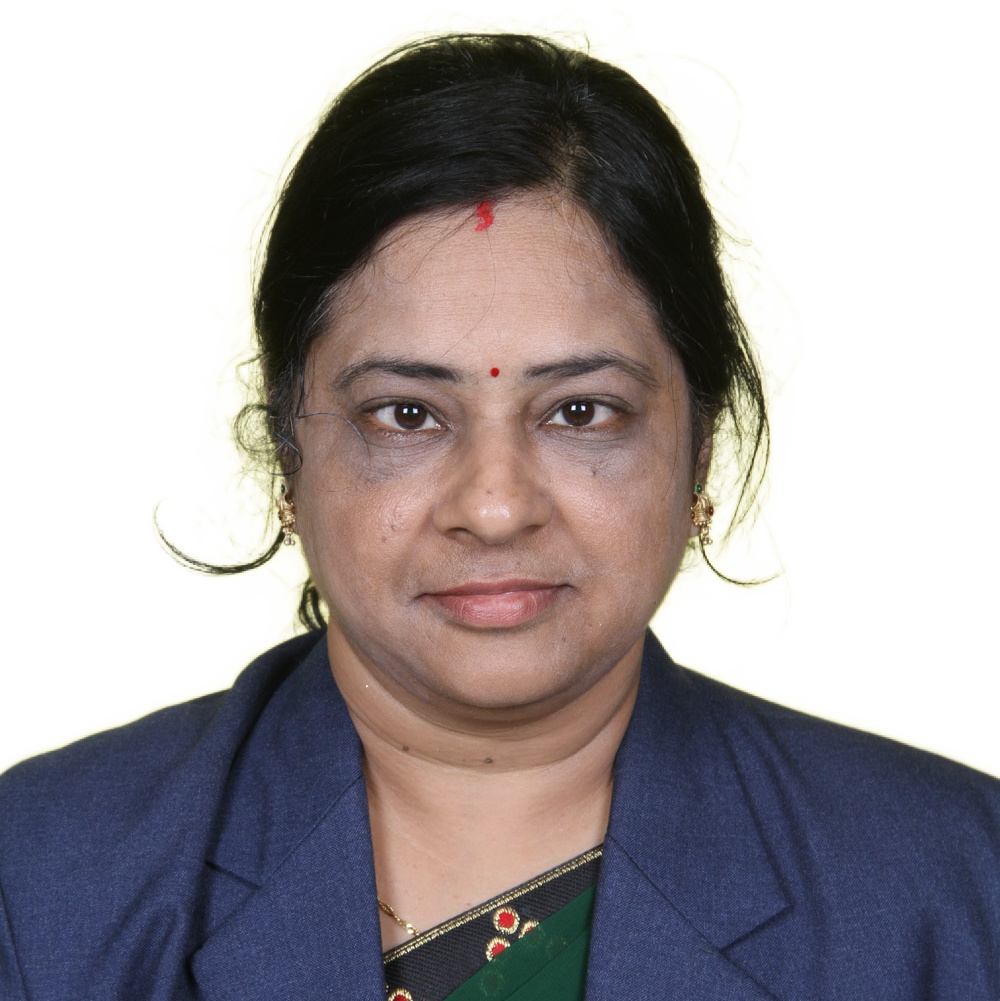
Dr. Sagarika Nayak

Assistant Professor, Botany, School of Comparative Indic Studies and Tribal Sciences
M. Sc., M. Phil., Ph. D.

Dr. Sweta Arora

Assistant Professor, Zoology, School of Comparative Indic Studies and Tribal Sciences
Ph. D.
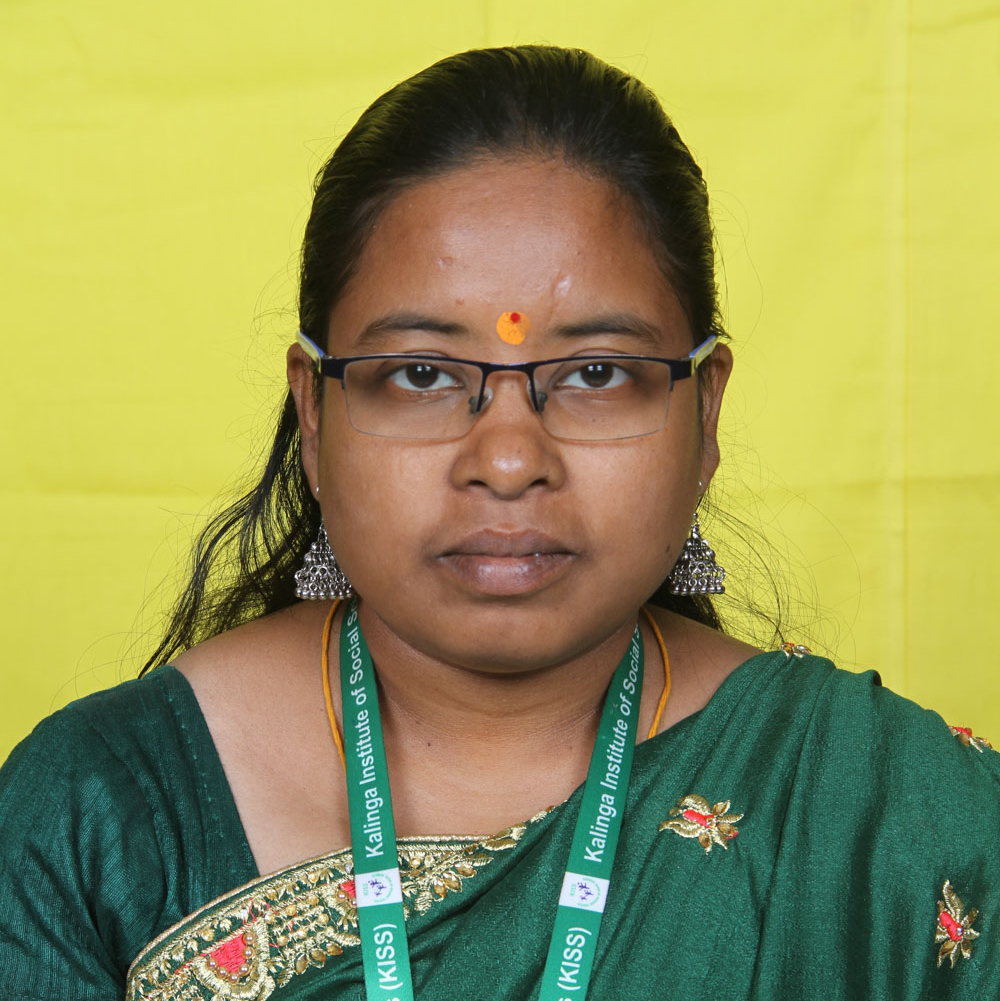
Dr. Sadhni Induar
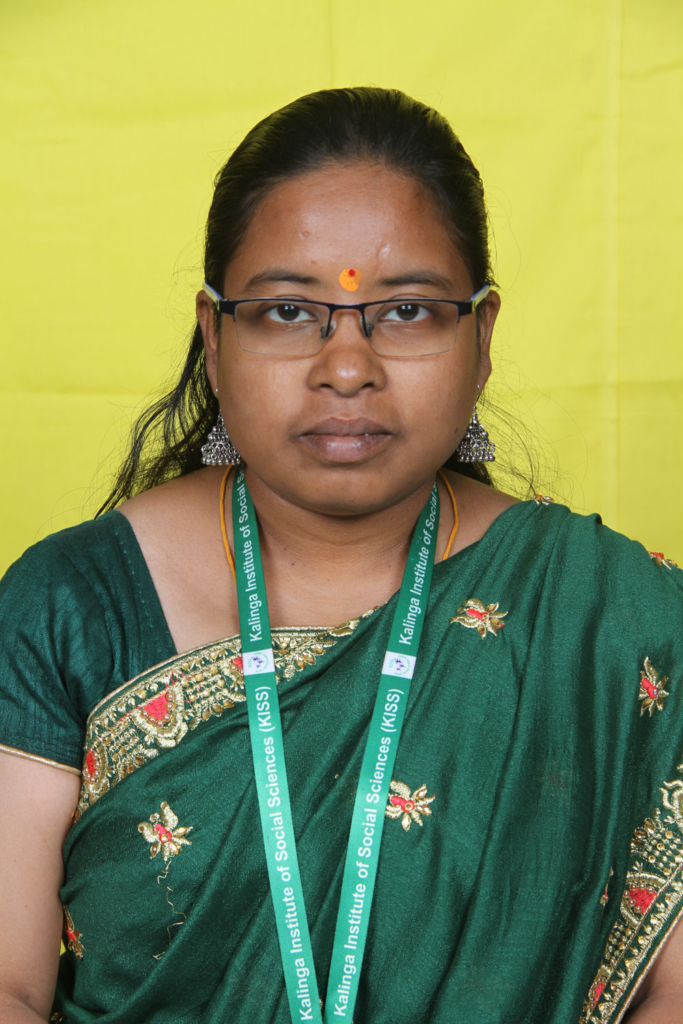
Assistant Professor, Food Science & Technology, School of Comparative Indic Studies & Tribal Science
Ph. D.
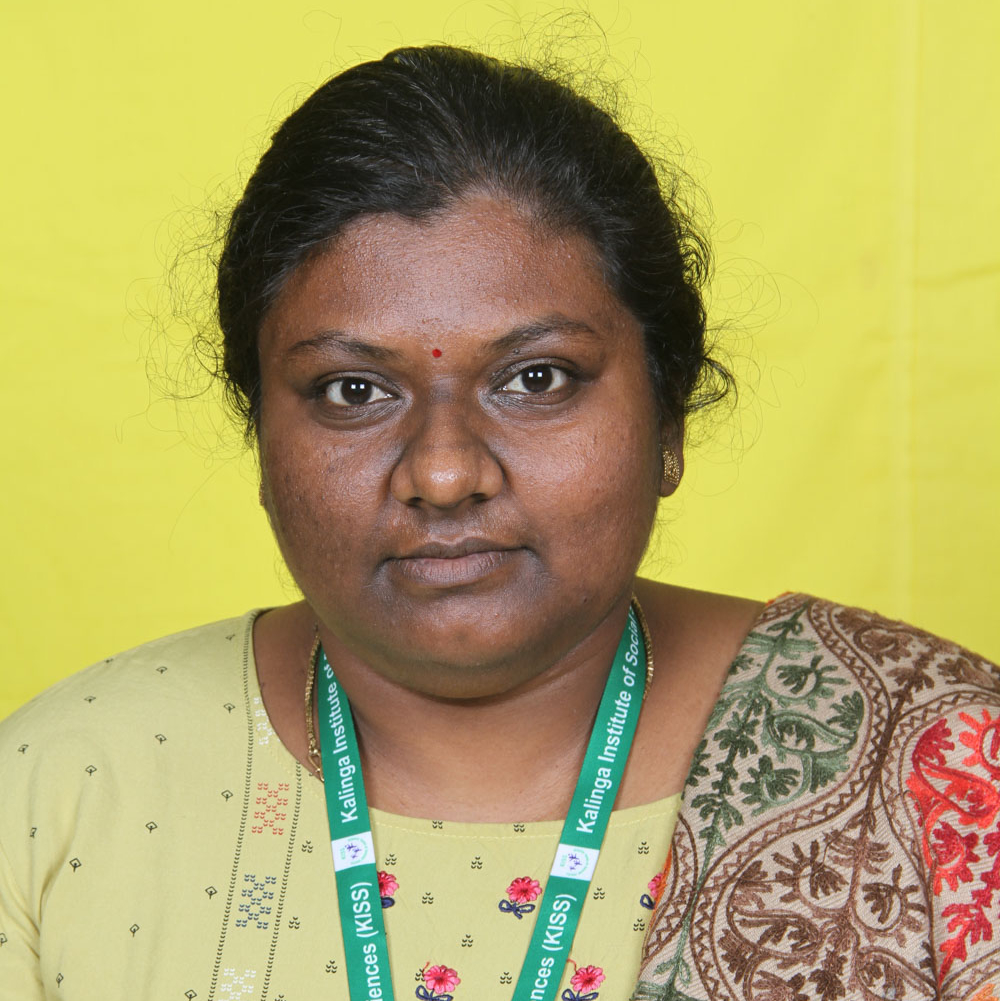
Dr. Shweta Parida
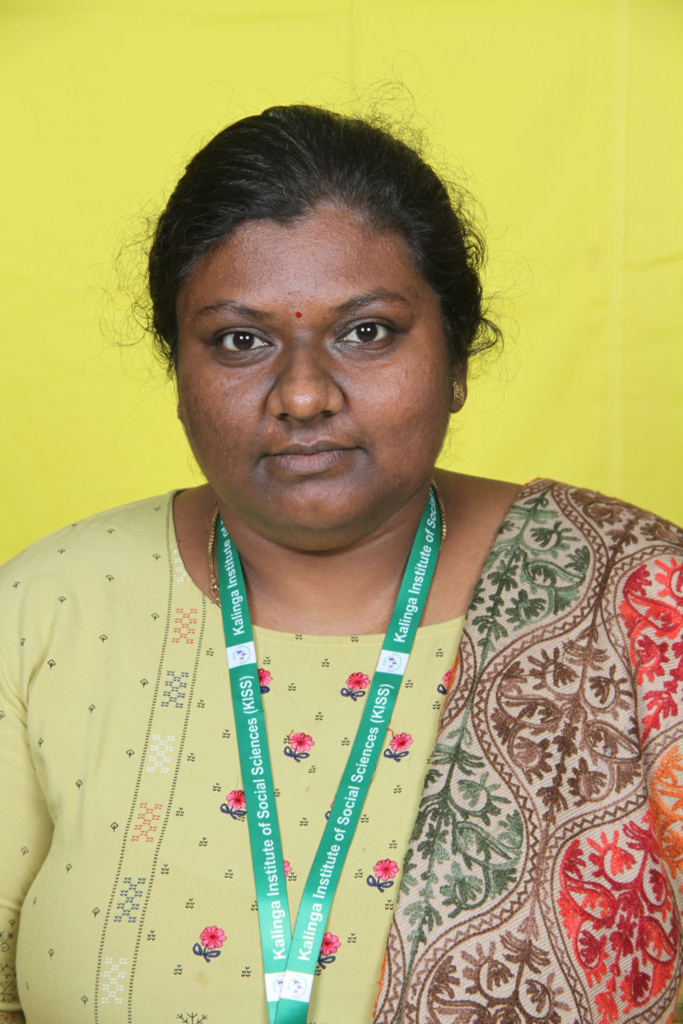
Assistant Professor, Food Science & Technology, School of Comparative Indic Studies and Tribal Sciences
Ph. D.
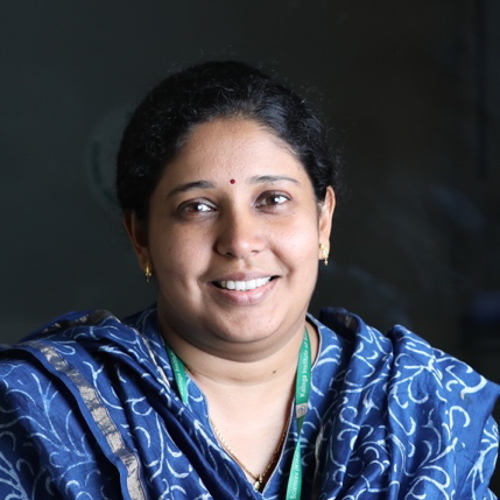
Dr. Shubhasree Shankar

Assistant Professor, Zoology, School of Comparative Indic Studies and Tribal Sciences
Ph. D.

